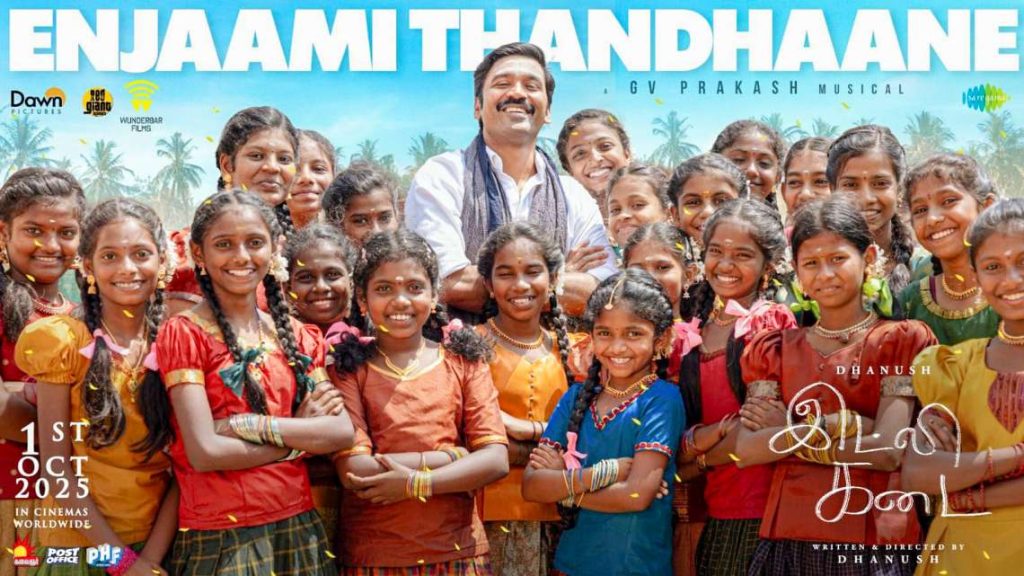Data shows that while vaccines significantly reduce illness severity, complications, and mortality, many heart patients remain unprotected
Adults living with cardiovascular disease should be prioritised for vaccination against a range of communicable diseases, including Covid-19, influenza, respiratory syncytial virus (RSV), pneumonia, and shingles, according to new recommendations from the American College of Cardiology (ACC). The guidance emphasises that vaccination must become part of routine prevention and treatment for people with heart disease, who face significantly higher risks of hospitalisation and death when exposed to respiratory infections.
The ACC’s latest Concise Clinical Guidance (CCG) offers detailed evidence behind each vaccine recommendation and provides answers to common questions to help clinicians engage with patients. The document urges doctors to proactively assess vaccination status during consultations and educate patients on the benefits of immunisation.
“Vaccination against communicable respiratory diseases and other serious diseases is critical for people with heart disease, but barriers exist to ensuring people are educated on which vaccines to get, how often to get them, and why they are important,” said Paul Heidenreich, chair of the CCG writing committee. “With this document, we want to encourage clinicians to have these conversations and help their patients manage vaccination as part of a standard prevention and treatment plan.”
Data shows that while vaccines significantly reduce illness severity, complications, and mortality, many heart patients remain unprotected. A recent survey revealed that only 30 per cent of primary care physicians routinely assess their patients’ vaccination status. The ACC stresses that this gap leaves millions vulnerable to infections that could otherwise be prevented.
Among the key recommendations, an annual influenza vaccine is advised for all adults, particularly those with cardiovascular conditions, to reduce morbidity and mortality. However, nasal spray flu vaccines are not recommended for patients above 50 years of age.
Similarly, the pneumococcal vaccine is recommended for adults aged 19 or older with heart disease. It offers protection against pneumonia, bacteremia, and meningitis—conditions linked to higher hospitalisation and mortality rates in cardiovascular patients.
For Covid-19, the guidance recommends heart patients continue to receive seasonal vaccines to safeguard against severe illness. The RSV vaccine is now recommended for adults aged 75 and above, and for those between 50 and 74 with cardiovascular disease. Unlike the flu vaccine, RSV protection requires only a single dose at present, though future updates may refine the schedule.
The CCG also highlights growing evidence around vaccines beyond respiratory diseases. The herpes zoster (shingles) vaccine, advised for all adults over 50, may offer cardiovascular benefits by lowering the risk of heart attack and stroke associated with shingles infections.
Experts note that integrating vaccination into cardiovascular care can save lives while easing the burden on health systems. Preventive immunisation is seen as especially important given the aging global population and rising incidence of heart disease.
By formally linking vaccines to heart health, the ACC aims to change clinical practice and ensure that patients are both informed and protected. The guidance is expected to shape discussions between cardiologists, primary care providers, and patients worldwide.








